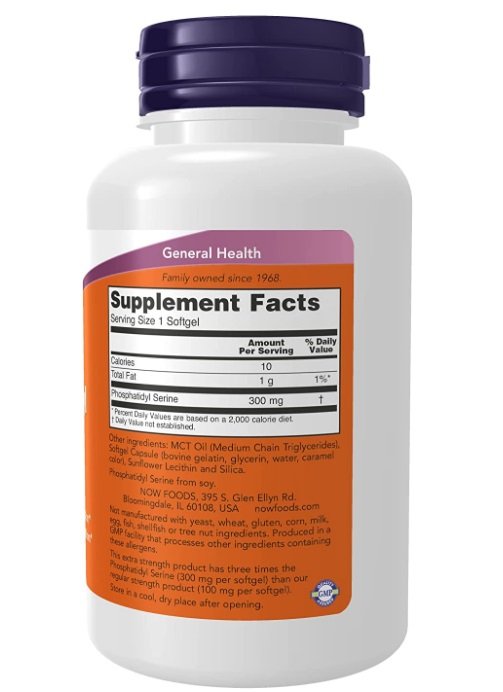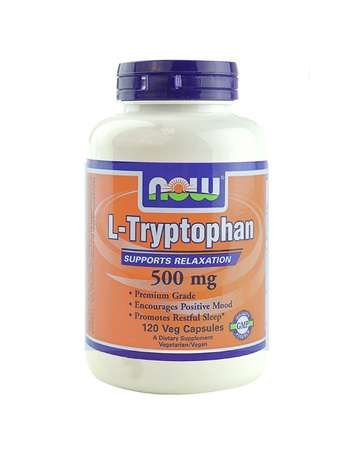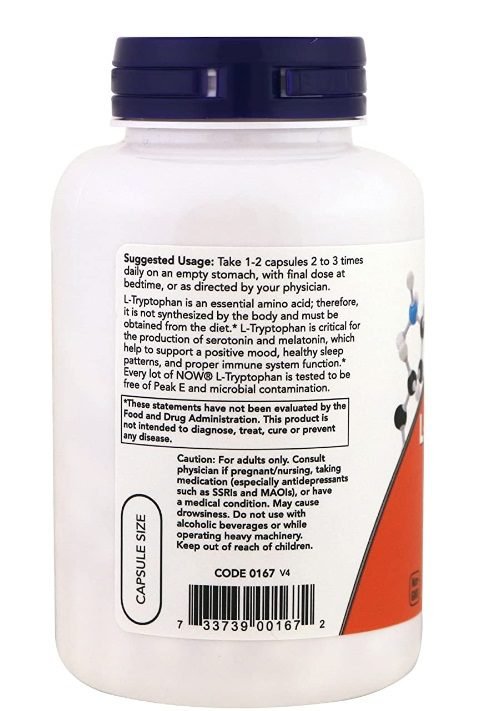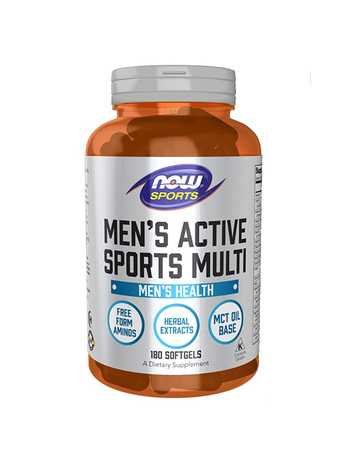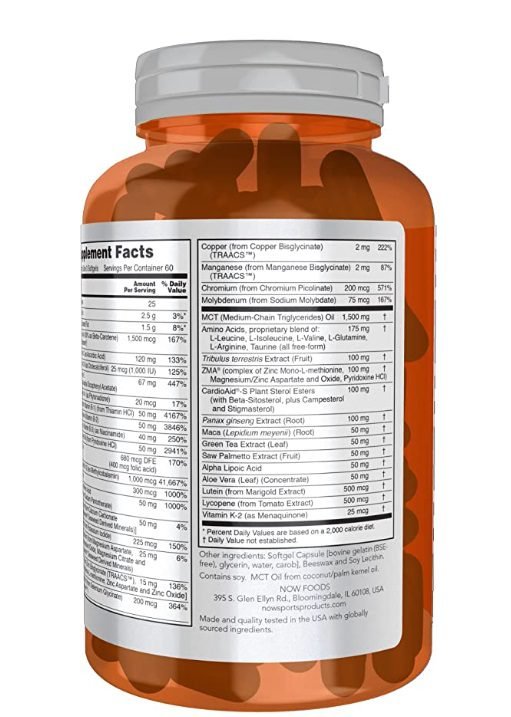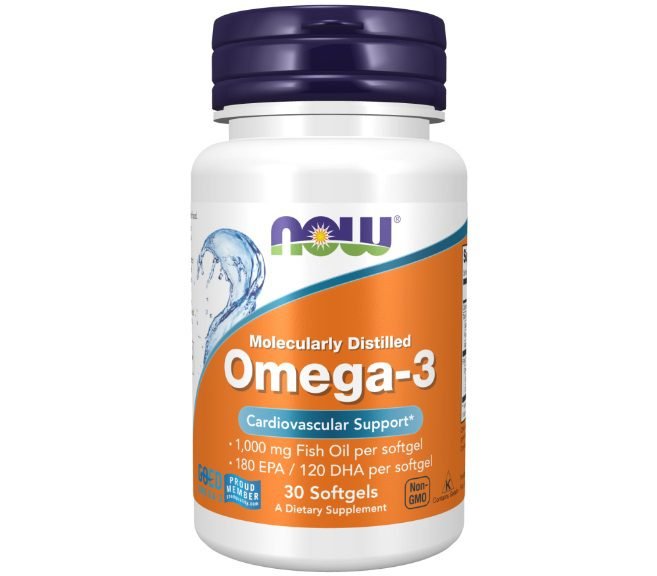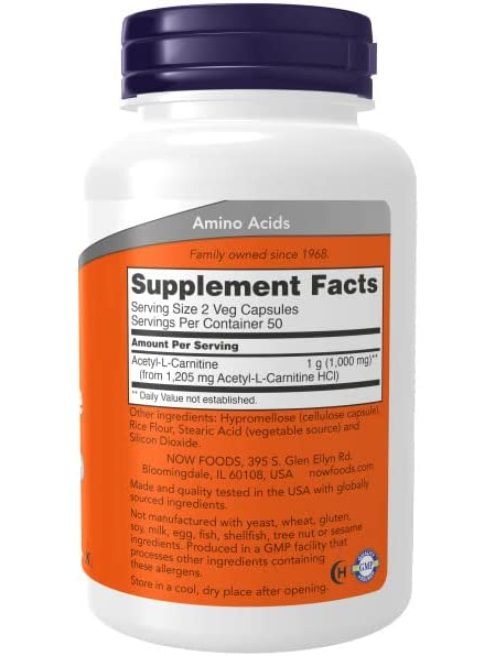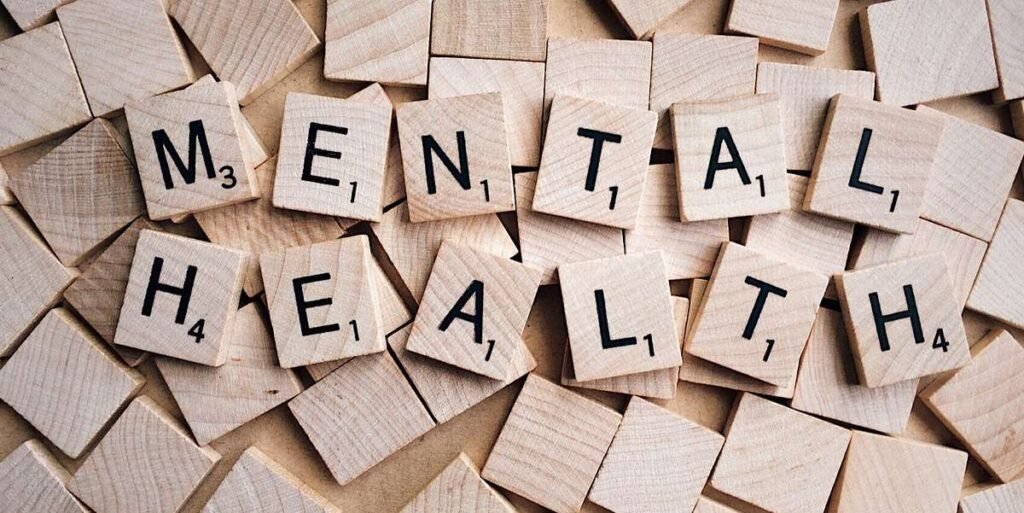
How Mental Disorders are Treated?
Tremendous advances have been made in the treatment of mental disorder. Therefore, many mental disorders can be treated as well as physical illnesses.
The treatment of mental illness can basically be divided into
-
- physical therapy
- psychotherapy
Physical treatments include medicines, electroconvulsive therapy, and other treatments that stimulate the brain (such as transcranial magnetic stimulation, electroconvulsive therapy ,and vagus nerve stimulation). Psychotherapy approaches include individual, group, family, and marital therapy, behavioral therapy (such as relaxation training or situational exposure therapy), and hypnotherapy. Numerous studies have shown that for most mental disorders, a combination of medication and psychotherapy works better than either treatment alone.
Psychiatrists are not the only mental health care workers trained in psychiatry. Others include clinical psychologists, psychiatric nurse practitioners and social workers. But psychiatrists are the only professionals with prescriptions for psychiatric medications. Other mental health practitioners primarily practice psychotherapy. Many primary medical units and other non-psychiatric doctors also have the power to prescribe psychotropic drugs.
1. How does psychiatric treatment work?
Psychiatric treatment is mainly divided into “drug treatment” and “non-drug treatment”. “Drug therapy” is to balance the chemical substances that transmit messages in the brain, such as anti-schizophrenia drugs, which mainly inhibit the appearance of delusions by regulating a chemical substance called “dopamine” in the brain. Some drugs can even promote the repair of damaged parts of the brain. For example, antidepressants strengthen the transmission of “serotonin” between brain cells, and promote the production of a brain nerve growth factor called “BDNF” in the brain. Thereby promoting the recovery of damaged brain areas.
“Non-drug treatment” includes various psychotherapy and psychiatric rehabilitation training. “Psychotherapy” helps patients change their thinking and behavior patterns. For example, in depression, cognitive behavioral therapy uses a therapist to guide the patient to try to change existing negative thinking and negative behavior patterns, so as to improve his mood.
There are two important concepts about psychotherapy. First, although it is called “psychological” treatment, the ultimate effect of treatment is to improve the structure and function of brain cells by improving the patient’s thinking and behavior patterns, and reduce the daily mental stress of the patient, thereby promoting the recovery of the brain. Second, receiving psychotherapy differs from receiving surgery, in that during surgery (such as cutting a tumor), the patient lies on the operating table, and the surgeon removes unwanted parts of the body. In contrast, psychotherapy is not a passive process. Receiving psychotherapy is like exercising. A fitness trainer guides and encourages you to complete a series of exercises. At the end of the day, it’s up to you to sweat and lift weights and run to shed unwanted flab, build muscle, and improve cardiorespiratory fitness. In psychotherapy, all healing depends on your efforts to create new behaviors and thinking patterns in yourself, and no one else can replace your role.
Psychiatric rehabilitation training arranges the patient to do a job that matches his ability to maintain his work motivation and mastery of work skills, and allows the patient to regain the skills needed in daily life and work.
2. How to deal with the side effects of psychiatric drugs?
Medication side effects are something to be aware of. Every medicine, whether it is traditional Chinese medicine or western medicine, will have side effects. The side effects that can occur in each drug can be as many as dozens, which reflects that the occurrence of side effects varies from person to person. Common side effects (approximately occurring in more than 10% of patients) usually have only a few, and the rest are Not very common. In terms of psychiatric drugs, the new generation of psychiatric drugs has greatly improved in reducing side effects in the past ten years. As the body gradually adapts to the drug, many side effects will subside. Therefore, doctors can reduce the side effects of the drug by adjusting the dose of the drug, changing the frequency and time of taking the drug. It is very important for the patient to describe the discomfort after taking the medicine in detail to the doctor. The doctor will judge whether these discomforts are caused by side effects, one of the psychiatric symptoms, or a new disease. Sometimes, side effects are inevitable, but the doctor will discuss with the patient, balance the risk of disease and the harm of side effects, and decide which drug treatment to choose. It is unwise to completely refuse drug treatment for fear of side effects, because even if a drug has side effects, doctors always have the option of adjusting the dose of the drug, “switching drugs”, or even stopping the drug.

3. How to overcome the avoidance attitude towards mental disorder?
Facing mental illness is more difficult than other illnesses of the body due to societal stigma and misconceptions about mental illness. Discrimination makes patients unwilling to seek medical treatment and receive treatment, but early consultation and treatment are the two most important steps in the fight against mental illness. It takes a lot of courage to take these two steps. Many patients who are unwilling to seek medical treatment or fail to complete the treatment actually feel the pain caused by the symptoms of mental disorder. How do patients cope with mental illness? How can relatives and friends encourage patients to seek treatment? Two keys to success are: Awareness and Attitude.
Everyone will have their own concept of health, that is, what they believe is beneficial and harmful to health, and what can treat or prevent diseases. Traditional cultural customs greatly influence a person’s belief in health. As scientific knowledge continues to discover more truths about health, many traditional health concepts have been found false, especially regarding the human brain, because 200 years ago the physiological structure of most of the brain was still a mystery.
There have been many misconceptions about mental illness, such as that mental illness is fake, that mental illness is self-inflicted, that mental illness reflects a weak character, or that mental illness is incurable. In fact, mental disorder is caused by damage to different parts of the brain, and there are various treatments that can help the brain recover.
In terms of attitude, people sometimes adopt a “negative” attitude when faced with difficult problems. Although this is understandable, it is indeed not a good attitude to solve problems. Have you ever tried to adopt a “negative” attitude when facing difficulties (such as having emotional problems with your partner), such as pretending that nothing happened, always putting aside the rational discussion with your partner? Although the patient has been suffering from symptoms for a period of time, his fear of mental illness and a series of “catastrophic” thoughts (for example, no cure, divorced wife and children, trapped in a mental hospital for life, etc.) prevent him from stepping out. Step to seek medical attention. He may tell himself that as long as he does not see a doctor for a day and is not diagnosed with mental illness by the doctor, he is still mentally fine. The situation is like some people who are obviously obese and have unhealthy living habits, but refuse to undergo a physical examination, because they believe that as long as they don’t have a physical examination for a day, and they are not diagnosed with diabetes or high cholesterol, they are still “healthy” and can continue with the present eating habits. To overcome the attitude of denial and avoidance, patients should tell themselves: “Most mental illnesses can be recovered.” The sooner patients receive treatment, the sooner they recover. Encouragement from relatives and friends is important, but in the end it is up to oneself to have the courage to seek medical treatment. Only by overcoming the “denial” and avoidance attitude towards the problem can the patient seek medical treatment and receive psychiatric treatment.
4. How to overcome mental disorders “by oneself and by will”?
Some psychotic patients refuse treatment even though they are suffering from psychotic symptoms. One of the reasons stems from the misinterpretation of the phrase “depending on oneself and relying on will”. For example:
-
- Receiving treatment is tantamount to drug dependence,
- Refusing treatment is based on one’s own performance,
- One can only choose between “choosing treatment” and “recovering by his own willpower”.
In fact, the recovery of all diseases depends on the patient himself. The patient must choose to seek medical treatment, take the medicine prescribed by the doctor or participate in other treatments, and change his life habits as instructed. The treatment provided by the medical staff acts like a tool that the patient picks up to promote the recovery of the damaged part of the body. In psychiatric illness, psychiatric drugs are like a pair of shoes that patients put on to embark on the road to recovery. Medication is not a vehicle, so it cannot take you directly to the terminal of recovery. It can be seen that receiving psychiatric treatment requires a lot of courage and perseverance, because treatment often requires patients to persevere in taking medicine, follow-up visits, changing living habits, and changing inherent patterns of thinking and behavior. So, receiving psychiatric treatment is like a top athlete training on the advice of a coach, over time. This is absolutely “by oneself, by will”.
5. In mental disorders, what is recovery?
In mental illness, recovery refers to patients regaining control over their own lives, and having the opportunities and roles that ordinary people in society should have in terms of studies, work, and interpersonal relationships. To achieve these goals, it is necessary to correct various symptoms caused by brain dysfunction. In this regard, psychiatric drugs are especially important. With the symptoms properly managed, rehabilitation training and the support of relatives and friends can help the patient regain his roles in family, friends, and workplace.
The recovery process is like running a marathon. The patient runs towards the goal of recovery. Those around you, including family, friends, and healthcare professionals, provide moral support, professional advice, and helpful tools (such as medication) to increase the patient’s strength to achieve their goals. In the final analysis, it is the patients themselves who accept the opinions of others, use the tools provided, participate in various treatment-related activities, and bring themselves to the goal of recovery.
The recovery process requires courage and perseverance, like a marathon, and hope is the most important driving force. In fact, there is indeed enough objective reason to support this hope, because the progress of medicine makes the treatment more and more effective.
How can family and friends support the patient in the recovery process? Relatives and friends love the patient, feel sorry for the patient, and sincerely hope that the patient recovers. But in many cases, relatives and friends ignore some details, and as a result, they fail to turn their care into some actions that can really help patients recover. First, it is easy to overlook the patient’s strengths in other areas, such as consideration of others in character, respect for elders; talent in art, sports or cooking. In addition, patients may feel embarrassed or ashamed when relatives and friends encourage them to seek treatment. Relatives and friends may unconsciously use some wrong methods. For example, when the patient has some inappropriate behaviors, the mother may scold him based on loving the patient and focusing on the patient’s life. But when these inappropriate manifestations are due to brain dysfunction, scolding has no effect at all.
Relatives and friends should pay more attention to the patient’s strengths and encourage the patient to play. Even just doing a hobby can boost a person’s self-confidence. When relatives and friends remind or advise patients to take medicine or receive other treatments, it is necessary to consider the patient’s feelings. Relatives and friends imagine if you are a mentally ill patient, ask yourself what you don’t want to hear, and you can roughly know what to pay attention to when communicating with the patient. Relatives and friends should listen to the patient more and guide the patient to speak out what he thinks is beneficial to him. Compared with other people’s persuasion to patients, it is often easier for patients to implement what they say by themselves.
In psychiatry, recovery means that patients regain control over their own lives and have the opportunities that ordinary people in society should have in education, work, and interpersonal relationships. To achieve these goals, it is necessary to correct various symptoms caused by brain dysfunction. In this regard, psychiatric drugs are especially important. With the symptoms properly managed, rehabilitation training and support of relatives and friends can help the patient regain his roles in family, friends, and workplace.
6. Why do I still need to take medicine after the recovery?
Many people misunderstand the role of “medication” in the concept of psychiatric recovery. This misconception is common and may be due to the fact that in many other diseases, such as pneumonia, the patient should continue treatment until the pathogen is eliminated, and when the pathogen has been eliminated, the patient should stop taking antibiotics. Discontinuation of medication appears to be an indicator of recovery from pneumonia.
For mental patients, in many cases, even if the symptoms completely subside and the patient recovers to cope with work and life, the psychiatrist will suggest continuing drug treatment for a period of time (several months or even years). Why does “Haofan” still take medicine? The reason is that even the same drug has different roles in different stages of treatment. After the symptoms have been cured, the role of the drug is to consolidate the recovery. In fact, the use of ongoing medication to consolidate recovery is not unique to psychiatric treatment. For example, even if some cancers are at an early stage, after surgical treatment, the doctor will let the patient continue to take medicine to consolidate the recovery and reduce the risk of disease.
Most mental disorders are caused by brain damage and stress. Psychiatric drugs promote repair of damaged parts of the brain and correct imbalances in brain chemicals. Symptoms subside as the damaged parts of the brain recover. But the vulnerability caused by genetic factors in certain parts of the brain remains, and the stressors that caused the previous attack often recur, both of which contribute to the risk of developing an attack. Therefore, continuous drug treatment provides protection, consolidates recovery, and greatly reduces the risk of disease onset.
In our daily life, we often take some protective measures to maintain health and prevent relapse. For example, some people are more prone to sunburn, so they wear sunscreen products every time they do outdoor activities. Another example is that some people are prone to catch cold, so they will wear an extra coat every time they enter a shopping mall or theater. This is the same as taking medication to prevent the onset of the disease.
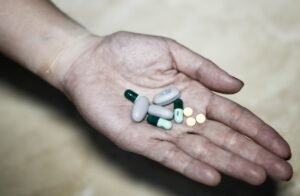
7. How to avoid mental disorders and maintain mental health?
Although most mental illnesses have a genetic component, there are many ways to improve mental health and reduce the risk of developing the disease. These methods are easy to understand, but also easy to ignore.
-
- Maintaining physical health, mental health and physical health are interdependent. eat a healthy diet, get enough sleep, and
- Exercise will bring you physical and mental health.
- Regular exercise can effectively reduce mental stress. Mental stress causes most psychosis.
- Keep in touch with people, share happiness and share sorrows with others.
- Cultivate hobbies, learn new things, and stay active physically and mentally
- To develop positive thinking, we cannot control everything that happens to us, but we can choose the angle from which we see everything. There is evidence that “positive psychology” can improve mental health.
- Learn to manage stress
- If you have mental health problems, seek help as soon as possible, because most mental illnesses now have effective treatments, and most patients can recover.
- Never touch drugs, do not abuse alcohol.
Related Articles
Bad Mood? Wonderful 9 Good Food Against It!
What Constitutes a Mental Disorder?
Reference
Book Recommodation For Mental Health — Click the Book to Buy
Supplement For Mental Health – Click the Image to Buy
-
1. Improve immune system function.
2. Maintain the function of joint movement.
3. Balance normal blood sugar levels.
4. Rich in antioxidants to absorb harmful free radicals.
5. Helps maintain normal levels of cholesterol.
6. Maintain healthy lung function
7. Improve mental clarity
8. Reduce stress and overcome depression
9. Improve the sexual function and prevent erectile dysfunction.£18.91 -
Benefit of Now Foods Omega-3, Molecularly Distilled 30 Softgels
- Fight Depression and Anxiety.
- Improve Eye Health
- Promote Brain Health During Pregnancy and Early Life.
- Improve Risk Factors for Heart Disease.
- Reduce Symptoms of ADHD in Children.
- Reduce Symptoms of Metabolic Syndrome.
- Fight Inflammation.
- Fight Autoimmune Diseases.
- Improve Mental Disorders.
- Fight Age-Related Mental Decline and Alzheimer’s Disease.
- May Help Prevent Cancer.
- Reduce Asthma in Children.
- Reduce Fat in Your Liver.
- Improve Bone and Joint Health.
- Alleviate Menstrual Pain.
- May Improve Sleep.
- Good For Your Skin
-
1. Reduce fracture and fall risk
2. good for migraine
3. Beneficial for NAFLD
4. Beneficial for sarcopenia
5. Beneficial for chronic urticaria
6. Benign paroxysmal postural vertigo
7. Beneficial for sleep disorders
8. Beneficial for knee osteoarthritis
9. Beneficial for pneumonia prevention
10. Beneficial for new coronavirus infection
11. Reduce the incidence of preeclampsia
12. beneficial for autism
13. Beneficial for chronic obstructive pulmonary disease
14. Beneficial Cancer Events
15. good for TB
16. Beneficial Helicobacter pylori infection
17. good for gestational diabetes
18. Beneficial for blood lipid regulation
19. Boost male hormones (androgens)
20. Reduced low birth weight and small gestational age births
21. Aids in weight loss (weight loss)
22. prevent cardiovascular disease
23. good for multiple sclerosis
24. Beneficial for asthma improvement
25. Beneficial for major depression
26. Beneficial for Type 2 Diabetes
27. Reduce premature birth rates
28. Beneficial for Polycystic Ovary Syndrome
29. Beneficial for older people’s athletic ability (walking speed)?
30. Improve lower back pain?
31. Beneficial for atopic dermatitis
32. good blood pressure regulation
33. Beneficial for female pattern hair loss
34. Reduce the chance of cognitive impairment
35. Reducing Cold Events: Acute Respiratory Infections
36. Improve breast cancer prognosis and mortality
37. Beneficial Fatigue Phenomenon
38. Beneficial for irritable bowel syndrome
39. Reduce the incidence of schizophrenia
40. Mortality of hospitalized patients
41. Reduces the risk of stridor and asthma in offspring -
Benefit of Acetyl L-Carnitine
- Rejuvenate cell mitochondria and maintain their normal energy production, thus maintaining health
- Is a premium fat burning nutrient with stress management and nervous system protection benefits
- Restore the metabolism of fat and blood sugar to normal, promote better metabolism and brain function
- It has a high protective effect on the circulatory system of hyperglycemia
- Restore brain energy, prevent brain damage and decline, reduce free radicals and fat formation
- Has higher mental energy levels and better concentration
- Can improve the clarity of thinking, more alertness and greater awareness of perception
- It has the effect of reducing neutral fat and bad cholesterol, and can also inhibit the accumulation of liver and myocardial fat
- Helps increase protein muscle mass while reducing “leptin resistance”
- It is especially good at protecting nerve cells and has a very significant effect on nerve regeneration
- Increases production of serotonin and dopamine, making it a true natural antidepressant
- Restorative and energizing to the liver, helps metabolize calories in a more youthful manner
- It easily crosses the blood-brain barrier to support cognitive function, improve memory and learning ability
- It can help the brain memory of the elderly and prevent the decline of memory in the elderly
- Helps to slow down degeneration or even restore brain function after stroke traumatic brain injury
- Helps improve children with autism
- It has a direct anti-aging effect on mitochondria and reverses memory loss
- It is a fat-soluble anti-gasification agent and is highly active in nerves; provides excellent protection from stress and excitotoxic damage
-
- Helps maintain the normal secretion of thyroid hormones.
- Helps maintain normal growth, development, neuromuscular function.
- Regulates cellular oxidation.
- Improves cognitive memory function (under stress)
- Benefits phenylketonuria
- Good for depression
- Benefits schizophrenia
- Improves narcolepsy/narcolepsy
- Can improve human immune function.
- Can prevent cancer and fight cancer.
- Can protect the heart muscle.
- Protects the liver.
- Is an antioxidant.
- Can be involved in the treatment of diabetes.
- Protects and repairs cells.
- Improve vision and prevent eye diseases






